With a study like this it is not always easy to quickly summarise all our learning!
You can read the main report here.
You can read a paper summarising some of the interviews here. It is free to read/download. The conclusion reads:

While experiences varied between countries, common across accounts was a struggle to balance ongoing treatments with employment, at a time when participants were expected to finance their own households and maintain their income and roles. Implications for Cancer Survivors To improve quality of life, clinical discussions around treatment decision-making should take into account patients’ attitudes/approach to work, type of work engaged in, and other activities considered important to them. European Union and national cancer plans should set out optimum standards for employers, to ensure an equitable benchmark for how employees are supported. Such approaches would improve legal protections and better enforcement of employer policies to accommodate patients’ limitations in the workplace
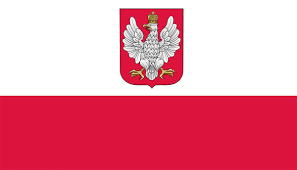
Chociaż doświadczenia różniły się w zależności od kraju, wspólną cechą wszystkich kont była walka o zrównoważenie bieżącego leczenia z zatrudnieniem w czasie, gdy od uczestników oczekiwano finansowania własnych gospodarstw domowych oraz utrzymania dochodów i roli. Konsekwencje dla osób, które przeżyły raka. Aby poprawić jakość życia, dyskusje kliniczne dotyczące podejmowania decyzji dotyczących leczenia powinny uwzględniać podejście/podejście pacjentów do pracy, rodzaj wykonywanej pracy i inne czynności uważane za ważne dla nich. Unijne i krajowe plany onkologiczne powinny określać optymalne standardy dla pracodawców, aby zapewnić sprawiedliwy punkt odniesienia w zakresie wsparcia pracowników. Takie podejście poprawiłoby ochronę prawną i lepsze egzekwowanie polityki pracodawcy, aby uwzględnić ograniczenia pacjentów w miejscu pracy
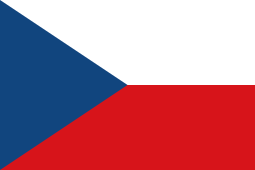
Zatímco zkušenosti se mezi zeměmi lišily, společný mezi účty byl boj o vyvážení probíhající léčby se zaměstnáním v době, kdy se od účastníků očekávalo, že budou financovat své vlastní domácnosti a udržet si svůj příjem a role. Důsledky pro pacienty, kteří přežili rakovinu Ke zlepšení kvality života by klinické diskuse o rozhodování o léčbě měly brát v úvahu postoje/přístup pacientů k práci, typ vykonávané práce a další činnosti, které pro ně považují za důležité. Plány Evropské unie a národní plány proti rakovině by měly stanovit optimální standardy pro zaměstnavatele, aby bylo zajištěno spravedlivé měřítko pro to, jak jsou zaměstnanci podporováni. Takové přístupy by zlepšily právní ochranu a lepší prosazování politik zaměstnavatelů, aby se přizpůsobily omezením pacientů na pracovišti

Während die Erfahrungen von Land zu Land unterschiedlich waren, war allen Konten gemeinsam, dass es schwierig war, laufende Behandlungen mit der Beschäftigung in Einklang zu bringen, und das zu einer Zeit, in der von den Teilnehmern erwartet wurde, dass sie ihren eigenen Haushalt finanzieren und ihr Einkommen und ihre Rolle behalten. Auswirkungen für Krebsüberlebende Um die Lebensqualität zu verbessern, sollten bei klinischen Gesprächen über Behandlungsentscheidungen die Einstellungen/Ansätze der Patienten zur Arbeit, die Art der ausgeübten Arbeit und andere für sie als wichtig erachtete Aktivitäten berücksichtigt werden. Die Krebspläne der Europäischen Union und der Mitgliedstaaten sollten optimale Standards für Arbeitgeber festlegen, um einen gerechten Maßstab für die Art und Weise zu gewährleisten, wie Arbeitnehmer unterstützt werden. Solche Ansätze würden den Rechtsschutz verbessern und die Arbeitgeberrichtlinien besser durchsetzen, um den Einschränkungen der Patienten am Arbeitsplatz Rechnung zu tragen
You can read an academic paper summarising the review of the literature here. It’s free to download.

Myeloma impacts the engagement of patients and relatives in paid and unpaid work, yet very little is currently known on how the cancer impacts these important interdependent systems. Addressing workplace stigma, understanding the role of workplace relationships, the construction of self through work, interpreting data through a lens of life-course and, privilege offer helpful starting points.
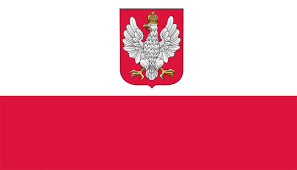
Szpiczak wpływa na zaangażowanie pacjentów i krewnych w płatną i bezpłatną pracę, jednak obecnie niewiele wiadomo na temat wpływu nowotworu na te ważne, współzależne układy. Zajęcie się piętnem w miejscu pracy, zrozumienie roli relacji w miejscu pracy, budowanie siebie poprzez pracę, interpretowanie danych przez pryzmat przebiegu życia i przywilejów oferują pomocne punkty wyjścia.
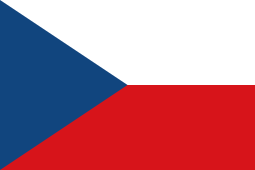
Myelom ovlivňuje zapojení pacientů a příbuzných do placené a neplacené práce, ale v současné době je velmi málo známo o tom, jak rakovina ovlivňuje tyto důležité vzájemně závislé systémy. Řešení stigmatu na pracovišti, pochopení role vztahů na pracovišti, budování sebe sama prostřednictvím práce, interpretace dat optikou životního běhu a privilegia nabízejí užitečné výchozí body.

Das Myelom wirkt sich auf das Engagement von Patienten und Angehörigen bei bezahlter und unbezahlter Arbeit aus. Dennoch ist derzeit nur sehr wenig darüber bekannt, wie sich der Krebs auf diese wichtigen, voneinander abhängigen Systeme auswirkt. Der Umgang mit Stigmatisierung am Arbeitsplatz, das Verständnis der Rolle von Beziehungen am Arbeitsplatz, der Aufbau des Selbst durch Arbeit, die Interpretation von Daten aus der Sicht des Lebensverlaufs und von Privilegien bieten hilfreiche Ausgangspunkte.
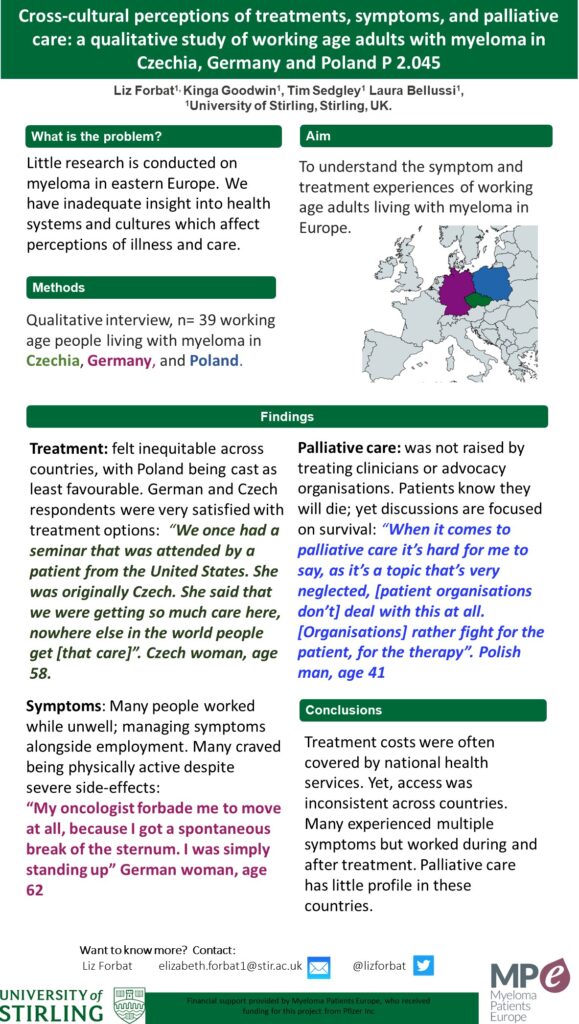
A summary of the study was presented at the 2023 European Association of Palliative Care Conference.
